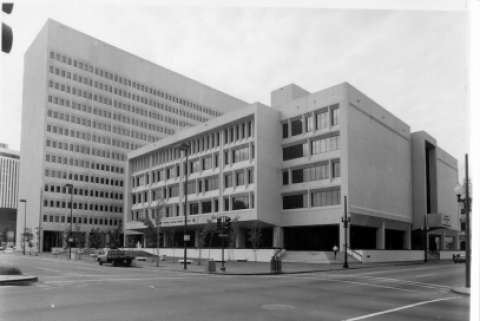A district court in Louisiana has rendered an unexpected decision in a Telephone Consumer Protection Act (TCPA) class action that interprets the Supreme Court’s recent Barr v. American Association of Political Callers decision such that it retroactively renders the TCPA unconstitutional from November 2015 until June of this year.
Barr v. AAPC centered on an exemption to the TCPA that Congress added in 2015. The exemption allowed for calls made to collect on government backed debt to be exempt from the TCPA’s ban on the use of autodialers to call cellphones. The AAPC challenged the exemption on First Amendment grounds, arguing that it creates an unconstitutional, content-based restriction on speech and that the entire statute should be invalidated. This summer, the Supreme Court essentially split the baby, agreeing that the government debt exemption was unconstitutional but opting to sever the exemption rather than ruling the entire TCPA to be unconstitutional.
The defendant in this recent case—Stacy Creasy, et al. v. Charter Communications, Inc., No. CV 20-1199, 2020 WL 5761117 (E.D. La. Sept. 28, 2020)—argued that SCOTUS’s decision in Barr retroactively invalidates the TCPA for the entire time that the government debt exemption was in effect. The court agreed, ruling in favor of Charter’s motion to dismiss the case on the grounds that it did not have the subject matter jurisdiction to rule on the legality of the defendant’s alleged TCPA violations due to the fact that federal courts cannot enforce unconstitutional laws. It remains to be seen if this is a precedent that will be followed nationwide but it is certainly a notable decision.





